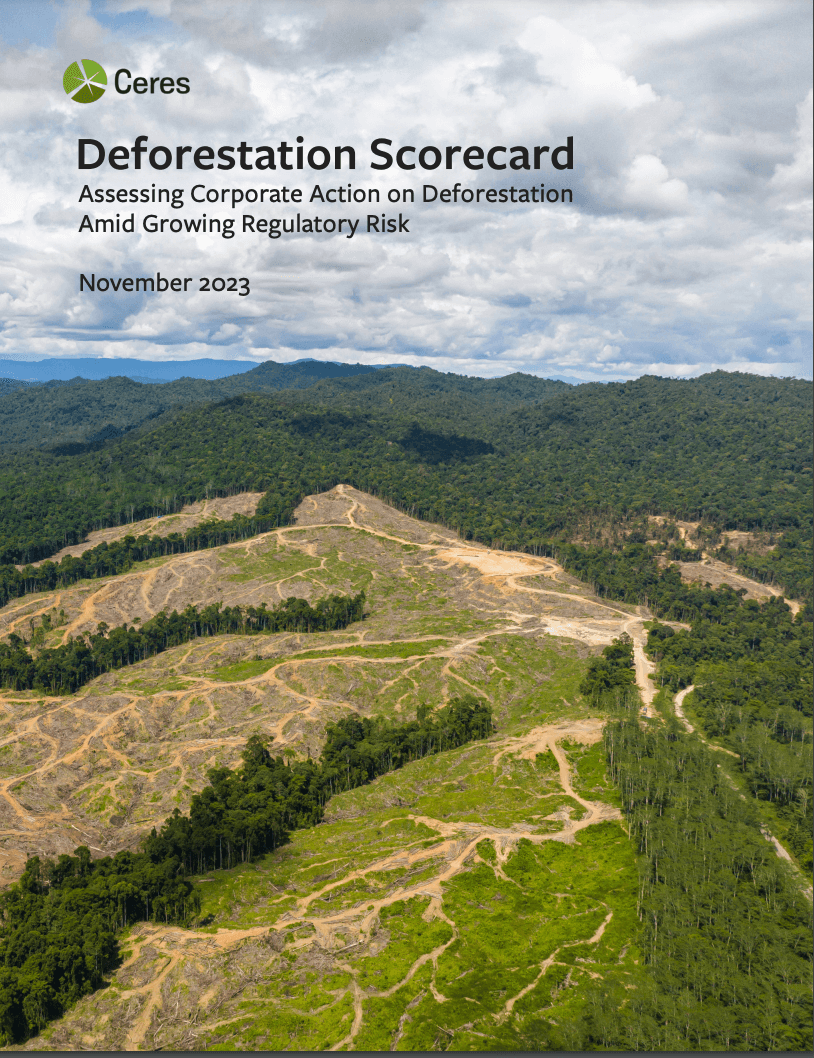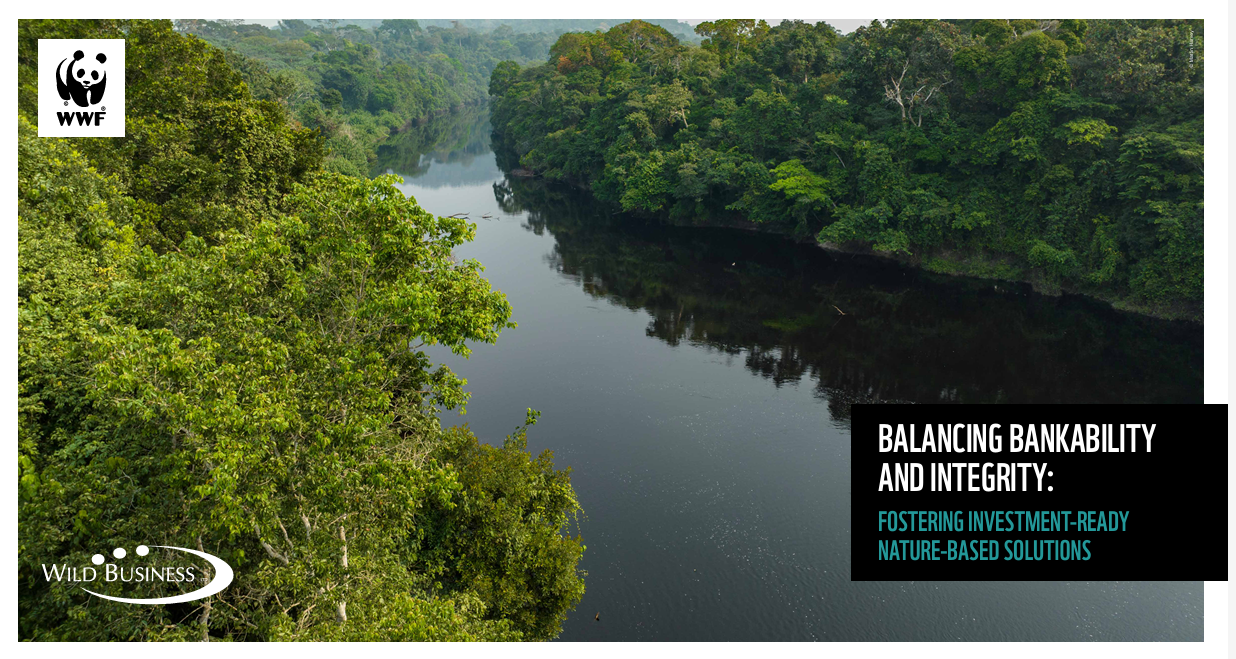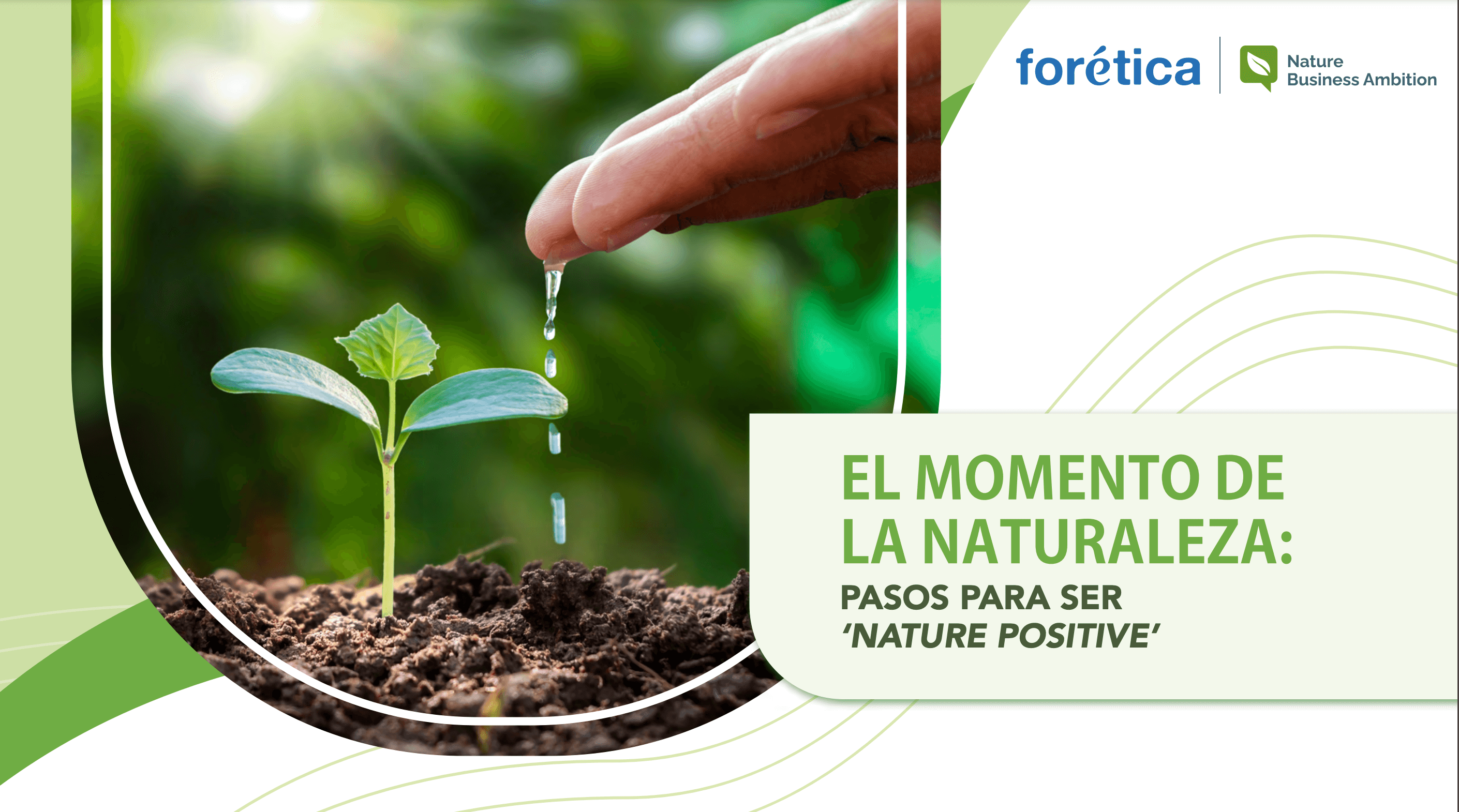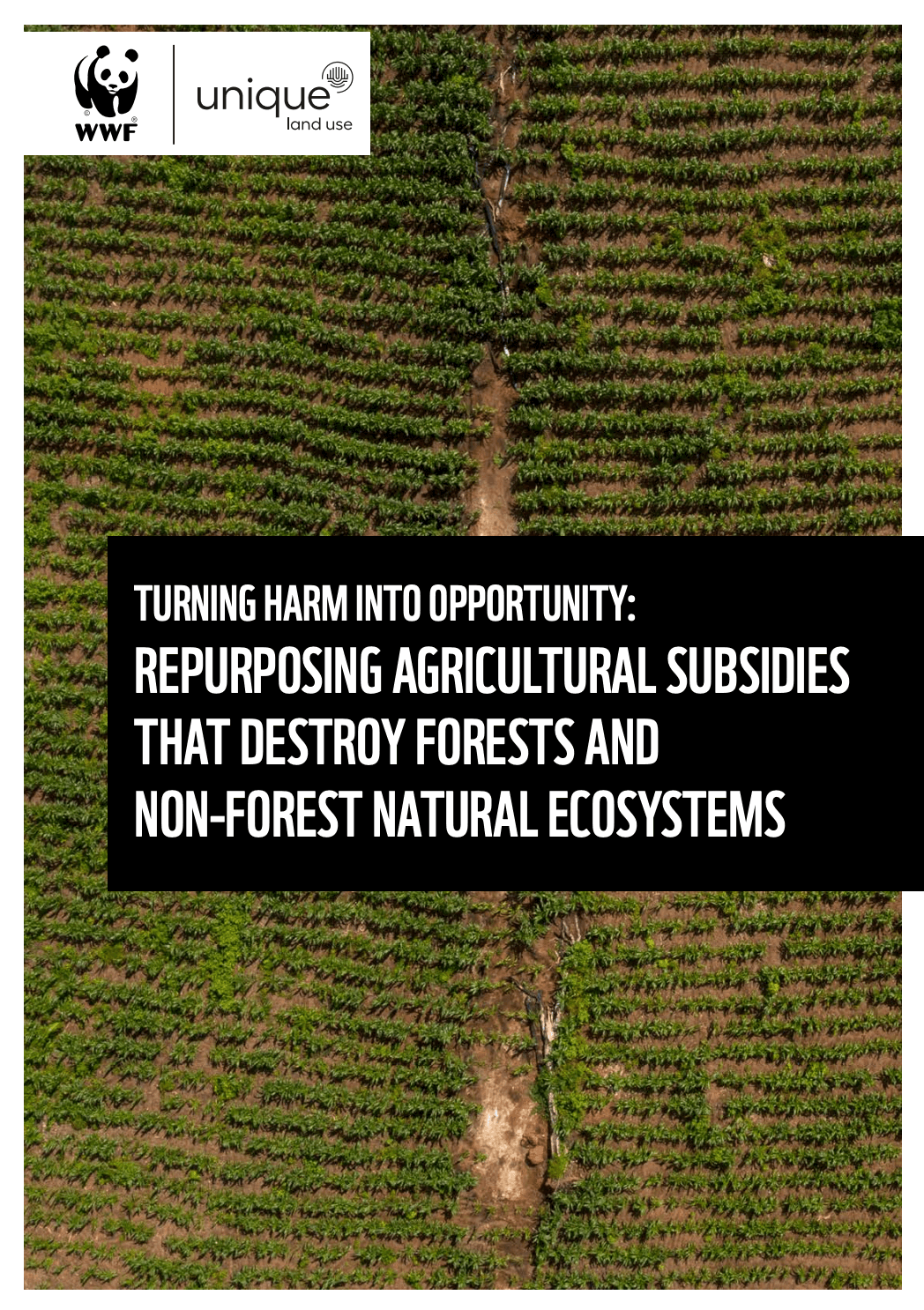Turning harm into opportunity. Repurposing agriculturall subsidies that destroy forests and non-forests natural ecosystemas
Detalles
| Every year, governments spend about $470 billion on agricultural subsidies that harm forests and other natural ecosystems and contribute to biodiversity loss. Around the world, there is increasing attention to the need to repurpose these types of subsidies and create incentives that can have a positive impact on food production and nature conservation, while supporting more sustainable, equitable and just food systems. WWF's report Turning harm into opportunity: Repurposing Agricultural Subsidies that Destroy Forests and Non-Forest Natural Ecosystems examines the impact of subsidies on deforestation and the conversion of non-forest natural ecosystems, building on lessons learned in Brazil and Malawi. The report also provides a framework for assessing the feasibility and impacts of redirecting environmentally harmful agricultural subsidies towards forest conservation, land and forest restoration, and sustainable land-use practices. |
Recursos relacionados

Deforestation Scorecard: Assessing Corporate Action on Deforestation Amid Growing Regulatory Risk
Ending deforestation is essential to achieving net-zero emission targets and mitigating the worst impacts of climate change. However, the production…

Balancing Bankability and Integrity: Fostering Investment-Ready Natyre-Based Solutions
The report explores the opportunities and challenges of private financing for nature-based solutions (NbS).

2023
El momento de la naturaleza: Pasos para ser “Nature-Positive”
Elaborado por Forética, el documento recoge una hoja de ruta con seis pasos para conseguir una completa integración de la…


